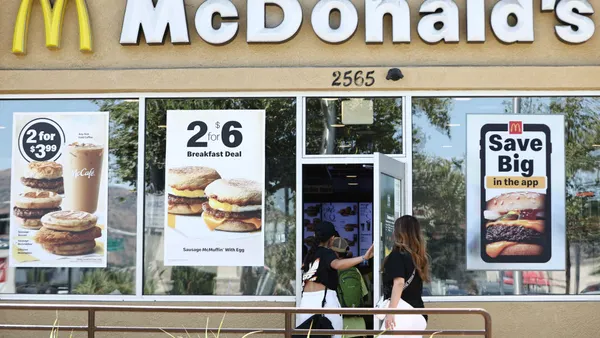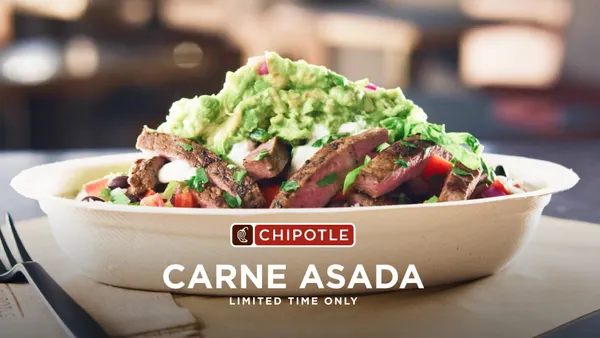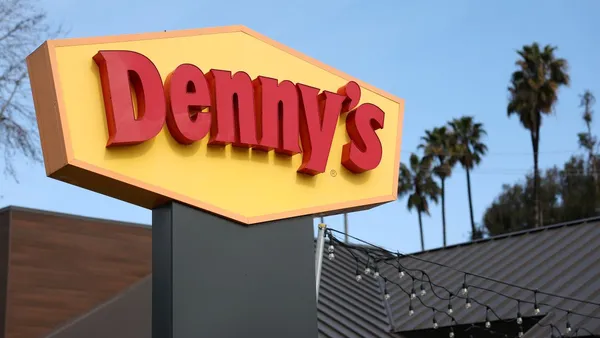Dive Brief:
- Hooray Foods and Nowadays, two San Francisco-based meat alternative startups, took to social media earlier this month to announce they were ending production and going out of business.
- Hooray shared an update on both their Instagram and Facebook accounts that “the economics of running a company of this size simply do not match our revenue.” Nowadays co-founder Max Elder shared the update with his LinkedIn network on Sept. 13. and thanked his team for pushing “the boundaries of plant-based food innovation.”
- Both companies had restaurant clients, were backed by venture capitalists and faced challenges within the plant-based category. They are the latest firms in the sector to go out of business, or to sharply scale back their future growth plans, amid a slump in demand for meat alternatives.
Dive Insight:
The challenging environment for plant-based products continues to take its toll on an industry that has fallen short of its once lofty projections.
Hooray began four years ago when founder Sri Artham decided he wanted to become a vegan, but enjoyed eating meat too much. The brand looked to recreate the sizzle and salty characteristics of bacon with ingredients like coconut oil and tapioca starch. The company worked with restaurant brands like Veggie Grill.
In January, the brand announced its first community round of funding, with a goal to raise $500,000 to expand distribution and increase research and development. Still, Hooray struggled to reach price parity with its animal-based counterpart competitors.
Nowadays was born in 2020 when Elder, along with fellow co-founder Dominik Grabinski, saw a market for healthier options for popular food items such as chicken nuggets.
Hooray and Nowadays are just the latest plant-based companies that have been forced to close their doors recently. Meatless Farms, a maker of plant-based sausage, ceased operations in June, and Unreal Foods ended production of its eggless egg one month later, Bloomberg reported.
Alternative meat sales in U.S. retail locations have fallen by 19.8% year-over-year, according to July data from Circana. The drop in demand has chilled investments from venture capitalists in the sector. September data released by PitchBook showed that venture capital deal sizes in food tech declined for the first time in seven years.
With a glut of supply, slumping demand and venture capitalists being more discriminating over where they invest their money, it’s likely that additional companies will succumb to the same fate as Hooray and Nowadays.
Bigger players in the space also are struggling alongside the smaller startups. Beyond Meat reported that revenues plummeted by almost a third in its second-quarter earnings results released in August. Impossible Foods cut 132 workers earlier this year, the plant-based meat company’s latest round of layoffs.
Beyond Meat CEO Ethan Brown told analysts earlier this year that a “reset and regrounding,” specifically with refrigerated meat, is overdue given high inflation and the exit of competitors.
“Like many innovative disruptions throughout history, what we initially thought was going to be a quicker pace of mainstream adoption has proven to be slower,” he said.















